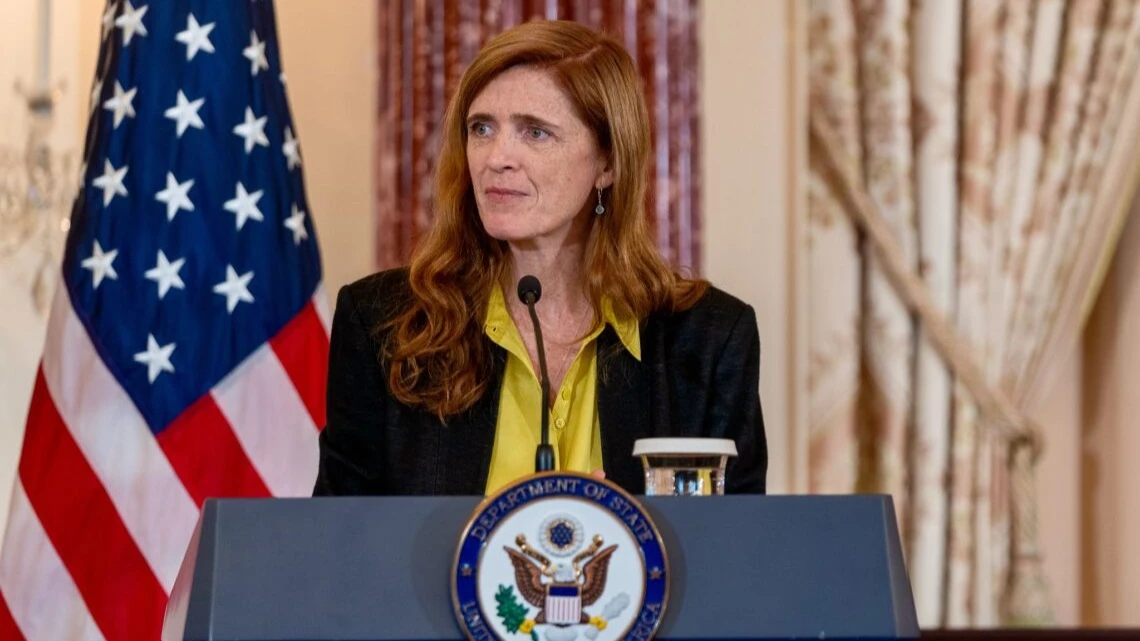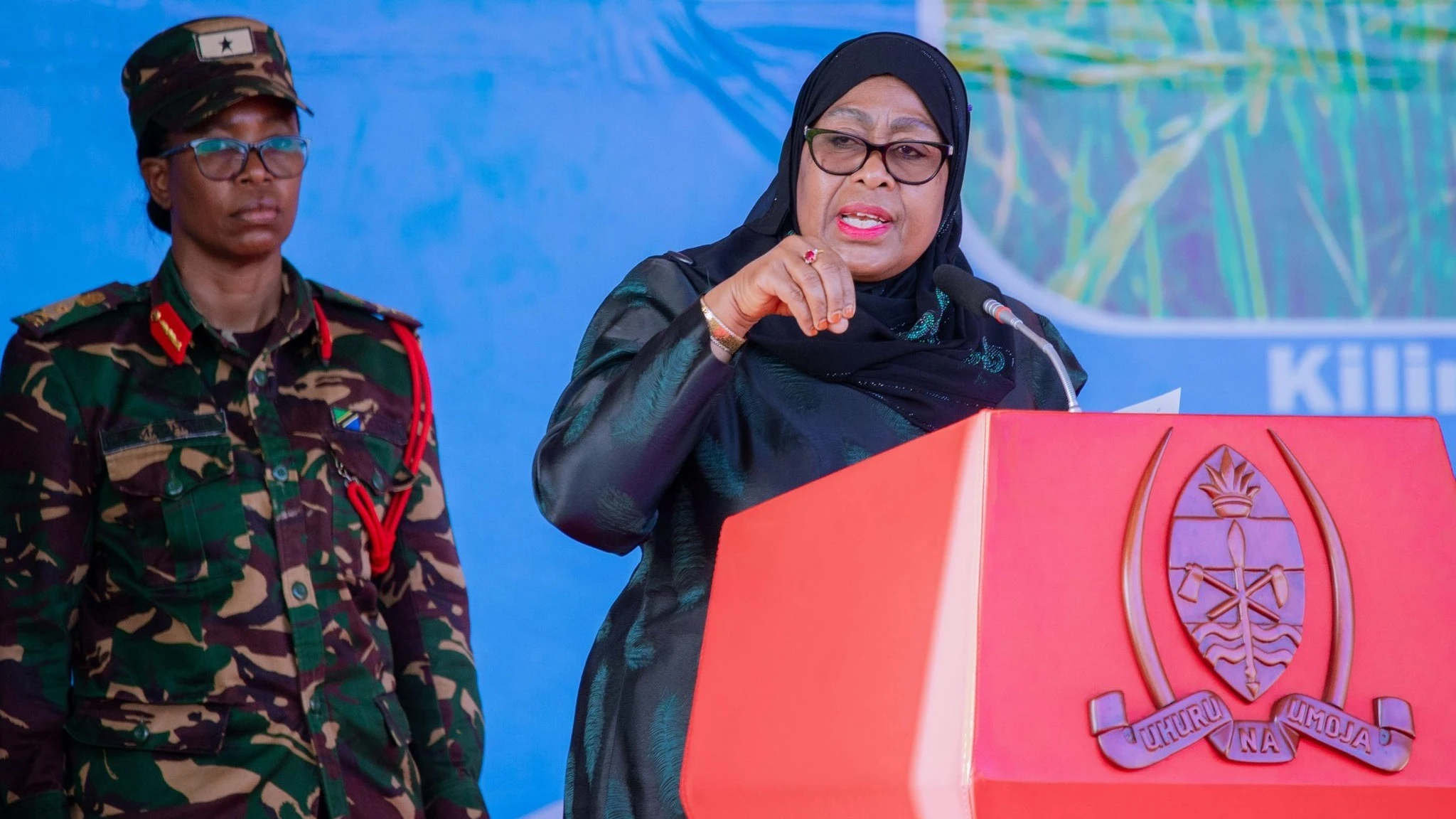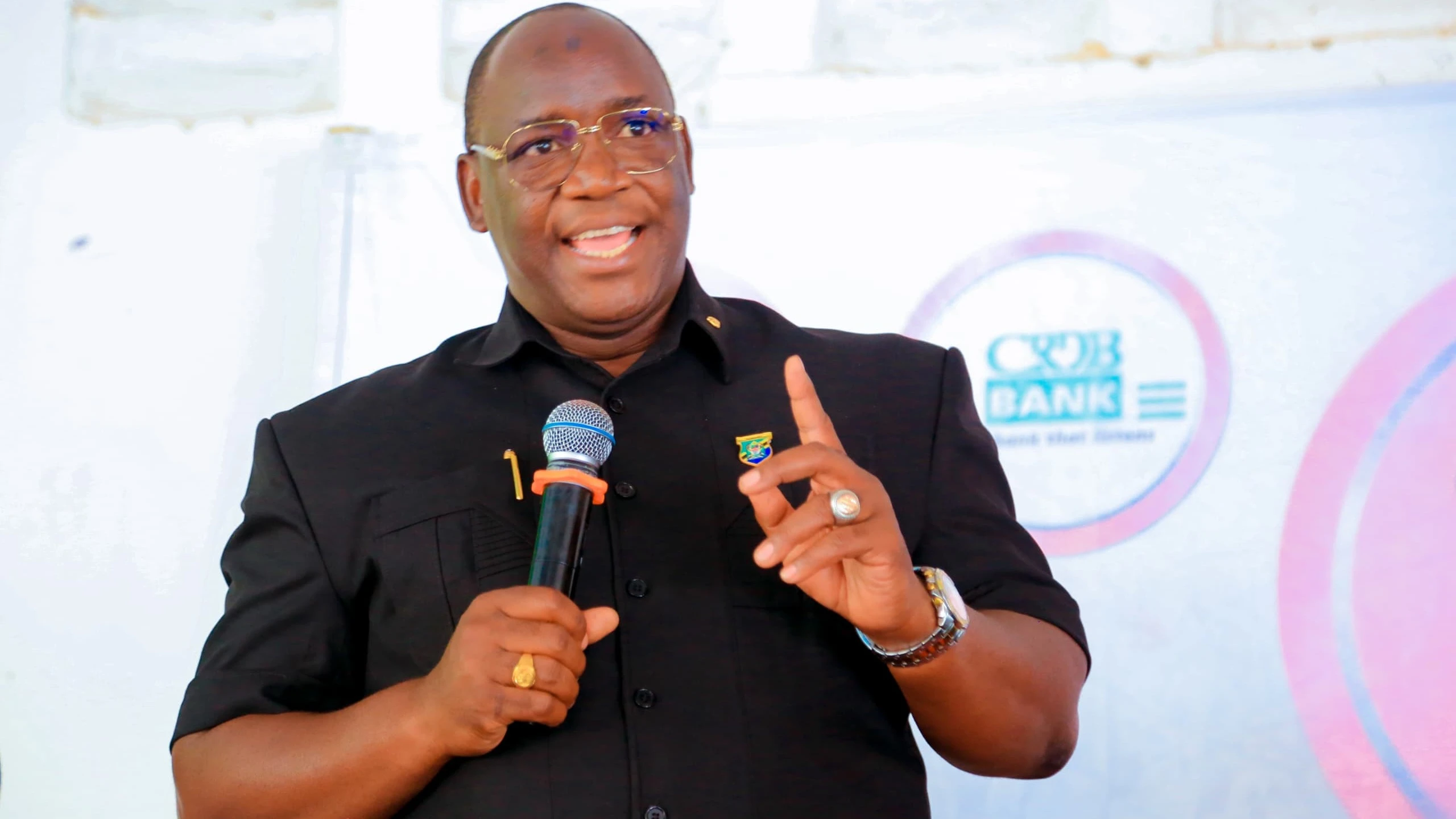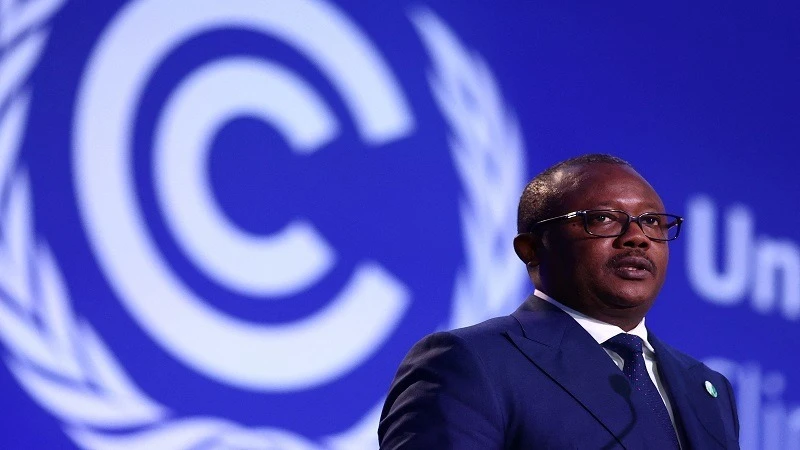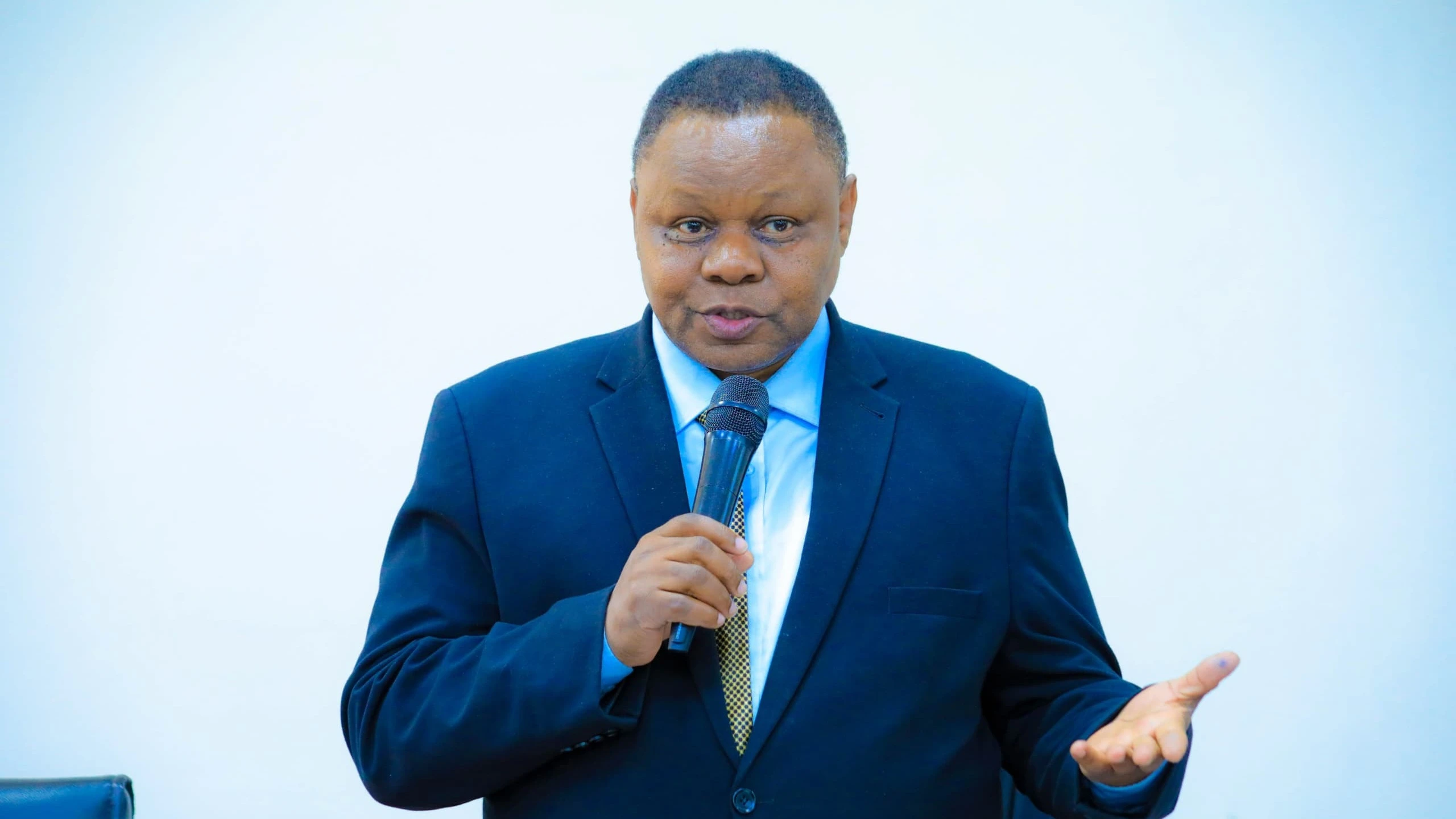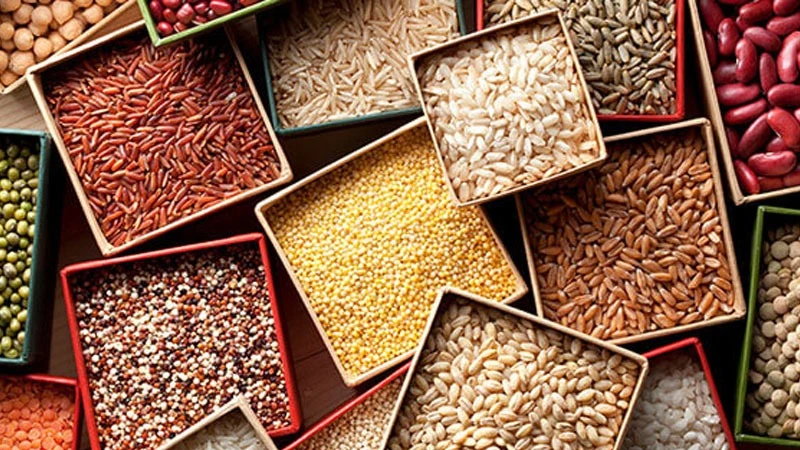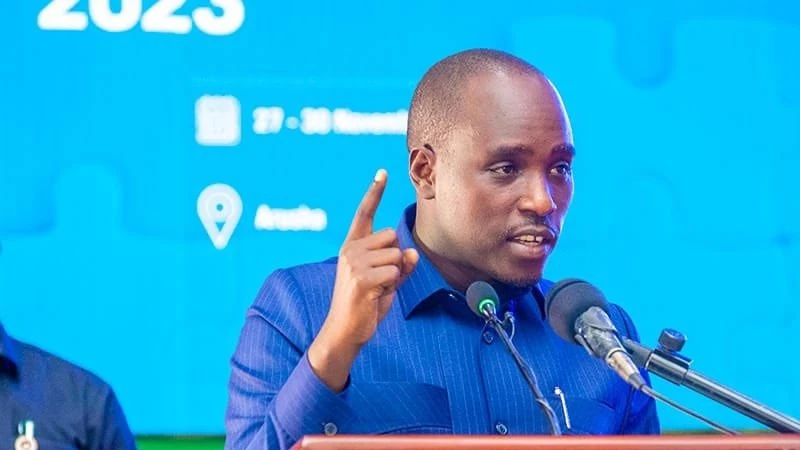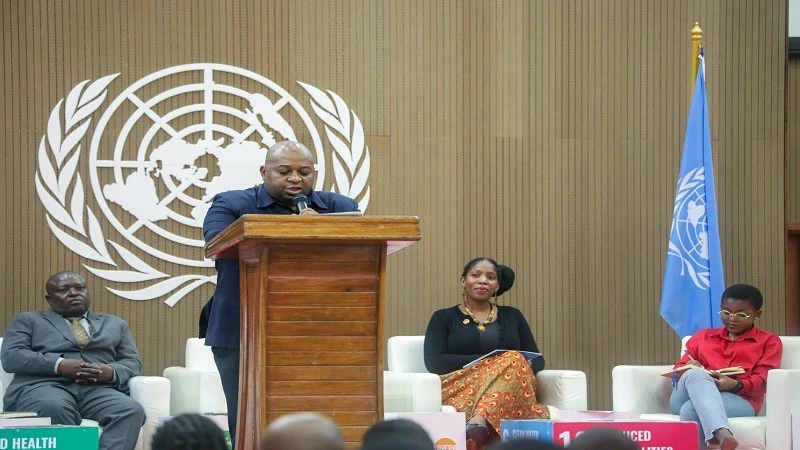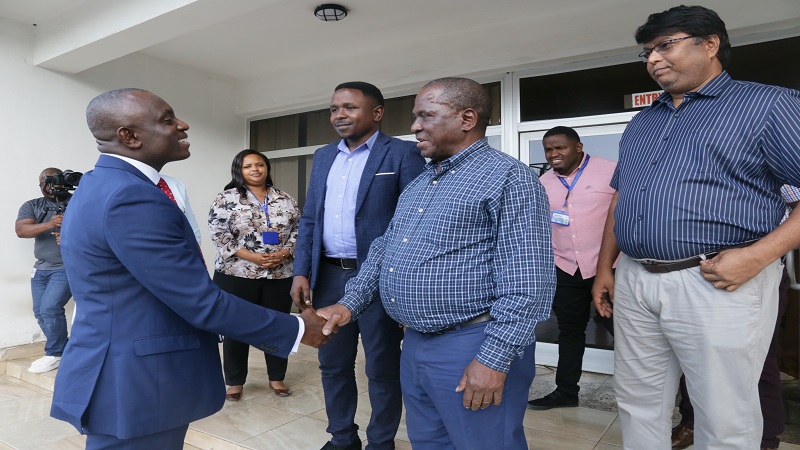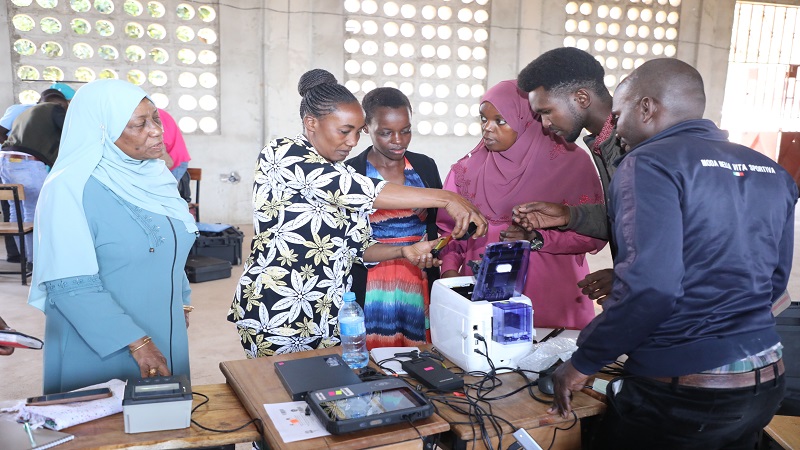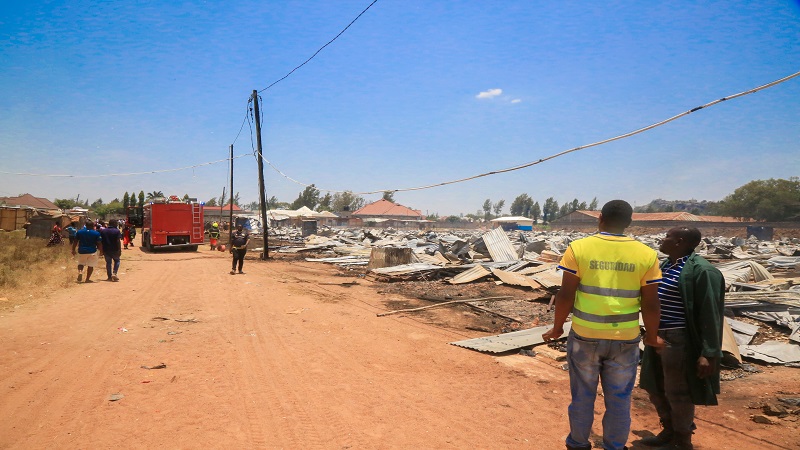At UN meet, Africa raises fears on malaria resistance ‘perfect storm’
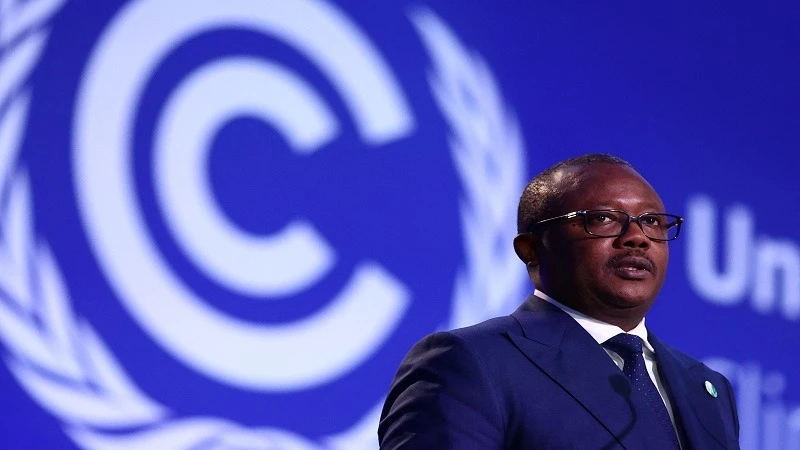
AFRICAN leaders have called for concerted effort to stem a “perfect storm” of converging crises threatening to derail decades of progress in the fight against malaria in Africa.
They made the call on the side-lines of the 79th United Nations General Assembly (UNGA) here yesterday, at a high-level fireside chat, hosted by the African Leaders Malaria Alliance (ALMA), led by Guinea Bissau President Umaro Sissoco Embaló, the outgoing chairman.
Stressing the urgent need for an accelerated effort to overcome these challenges and stay tuned towards malaria elimination, the leaders identified significant financial shortfalls and the impact of climate change.
This is illustrated by the growing resistance to insecticides and antimalarial drugs, while climate-induced disasters lead to increased flooding and malaria upsurges, they stated, expressing worries that the situation may worsen.
If malaria resources continue to stagnate to 2027 and 2029, there will be an estimated additional 112m malaria cases, likely to cause 280,700 more deaths, the chairman noted, affirming that the financial gap poses a grave threat.
“If these gaps are not filled, we risk seeing a significant increase in malaria deaths,” he said, pointing at the need for a successful Global Fund replenishment in 2025, along with prioritisation of malaria financing within global fund programmes.
This would avoid even bigger malaria upsurges, he said, underlining the need for a multi-sectoral approach, covering agriculture, environment, mining and tourism, for successful malaria elimination, pandemic preparedness and response.
The meeting raised the need to secure $6.3bn annually to achieve malaria elimination, accelerated action, involving increasing domestic resource commitments, finding partners and integrating malaria efforts with broader initiatives.
Abderaman Koulamallah, the Chadian state minister for Foreign Affairs and African Integration, appealed for taking measures encompassing programmes for combating climate change, strengthening health systems, expanding primary health care and enhancing pandemic preparedness
The leaders highlighted the importance of embracing innovative financing mechanisms, including tapping into the private sector and enhancing public-private partnerships. The launch of multisectoral, high-level councils for ‘national end malaria’ and neglected tropical diseases along with the relevant funding units enabled mobilising over $72m within the continent.
The local private sector was keenly involved in these councils via national and community advocacy campaigns, keeping malaria and NTDs at the forefront of national development and financing agenda, he stated.
Participating UN agencies and other partners urged AU member states to prioritise health, with malaria serving as a pathfinder in securing International Development Association (IDA) funding to close immediate gaps.
The gathered statesmen called for strong advocacy for sufficient global replenishments for IDA, the Global Vaccine Alliance (GAVIA) and the Global Fund against Malaria, HIV/AIDS and Tuberculosis.
These resources are not only crucial for malaria elimination but also vital for strengthening overall health systems and addressing other health challenges with the NTDs list, tied up with primary healthcare, the meeting affirmed.
The session also called for strategic information to guide decisions and the adoption of accountability mechanisms, like the use of scorecards, to ensure that every dollar is spent effectively for maximum impact, reaching the communities most in need.
Ambassador Minata Cessouma, the African Union commissioner for health, humanitarian affairs and social development explored the theme ‘Africa by 2030,’ saying it will lay the foundation for reducing Africa’s health burden and further propel achieving universal health goals.
Top Headlines
© 2024 IPPMEDIA.COM. ALL RIGHTS RESERVED








